$TSLA $BTC $DXY
#ElonMusk #RonPaul #Trump2024 #GovernmentEfficiency #FederalReserve #Crypto #Tesla #SuperPAC #MonetaryPolicy #FedCritics #Libertarianism #PoliticalNews
Elon Musk has once again made headlines, this time for suggesting that former Congressman and prominent Federal Reserve critic Ron Paul would be a fitting candidate to run a hypothetical “Department of Government Efficiency” if Donald Trump is reelected in the 2024 presidential race. In recent social media posts, Musk openly entertained the idea of endorsing Trump and hinted at aligning his political ideologies more closely with libertarian-leaning figures such as Ron Paul. Paul, who served as a long-time Texas congressman and has been a vocal critic of the Federal Reserve for years, could represent a convergence of Musk’s views on less government intervention and more fiscal responsibility. This announcement hints at Musk’s broader interest in shaping domestic fiscal policy, particularly concerning government spending and efficiency.
If implemented, the creation of such a department under Trump’s administration might have profound implications for government fiscal policy as well as the private sector. Musk, known for running a tight ship with companies like Tesla ($TSLA), SpaceX, and his newer ventures such as Neuralink, has often touted efficiency and first-principles thinking as the cornerstone of his business strategy. It can be inferred that Paul’s libertarian principles would aim to minimize bureaucratic overhead and achieve a more streamlined federal government. Moreover, Ron Paul’s stance on monetary policy and his critiques of the Federal Reserve align closely with thinking that favors decentralizing financial governance—ideals not far removed from the ethos that underpins Bitcoin ($BTC) and other cryptocurrencies. Investors and market participants have long speculated on regulatory shifts that could affect industries ranging from tech to crypto, and such an appointment could potentially accelerate deregulation trends.
On the crypto front, any role that Ron Paul might assume in overseeing financial policy could trigger increased volatility within the digital asset markets. Known for advocating returns to a gold standard or alternative monetary systems outside the Federal Reserve’s purview, Paul’s involvement could galvanize both traditional hard-money advocates and the growing cohort of cryptocurrency investors. This may spur enthusiasm for decentralized finance (DeFi) and alternative currencies, given that both Paul and Musk have publicly expressed support for new financial technologies like Bitcoin in the past. If financial deregulation is prioritized, this could potentially lead to more favorable conditions for crypto innovation. Investors speculating on $BTC and other digital assets like Ethereum will likely monitor developments closely since shifts in U.S. federal fiscal policy could open or close regulatory doors for digital currencies.
While this speculative partnership between Musk and Paul would be contingent upon Donald Trump’s reelection, the market will undoubtedly keep a close eye on the political landscape leading up to the 2024 election. Musk’s willingness to publicly throw his weight behind Trump signals a new era of political engagement for the billionaire industrialist. Aside from the ideological alignment, Musk’s creation of a super PAC represents a broader strategy of influencing public policy that aligns with his business interests, particularly scaling up his ventures like Tesla and SpaceX that benefit from government contracts. Investors should prepare for potential ripple effects across sectors tied to fiscal leadership, such as renewable energy, automotive, and fintech, all of which have resonated with Musk’s corporate interests. Changes in government efficiency, especially with Ron Paul at the helm, could trigger both bullish and bearish scenarios, depending on the extent of policy shifts impacting markets from bonds to equities.

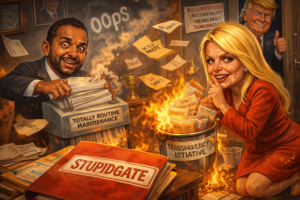
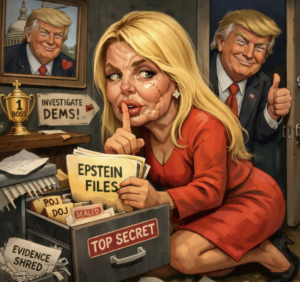


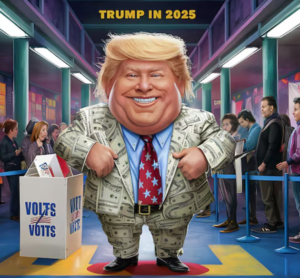


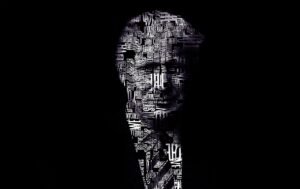
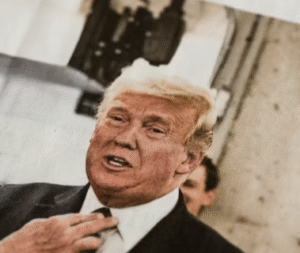
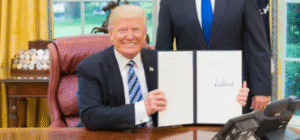
Comments are closed.